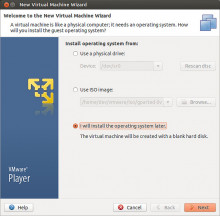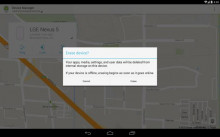Google said to be considering a smart thermostat, again
Whenever winter rolls around, it's hard not to think of home energy use -- insulation doesn't seem to quite work, power bills go up, and it still feels cold.
It appears energy is also on Google's mind. According to The Information, the company reportedly has been testing Internet-connected thermostats aimed at making the energy grid more efficient and helping users control their power use. The trial program is said to be called EnergySense.













































































